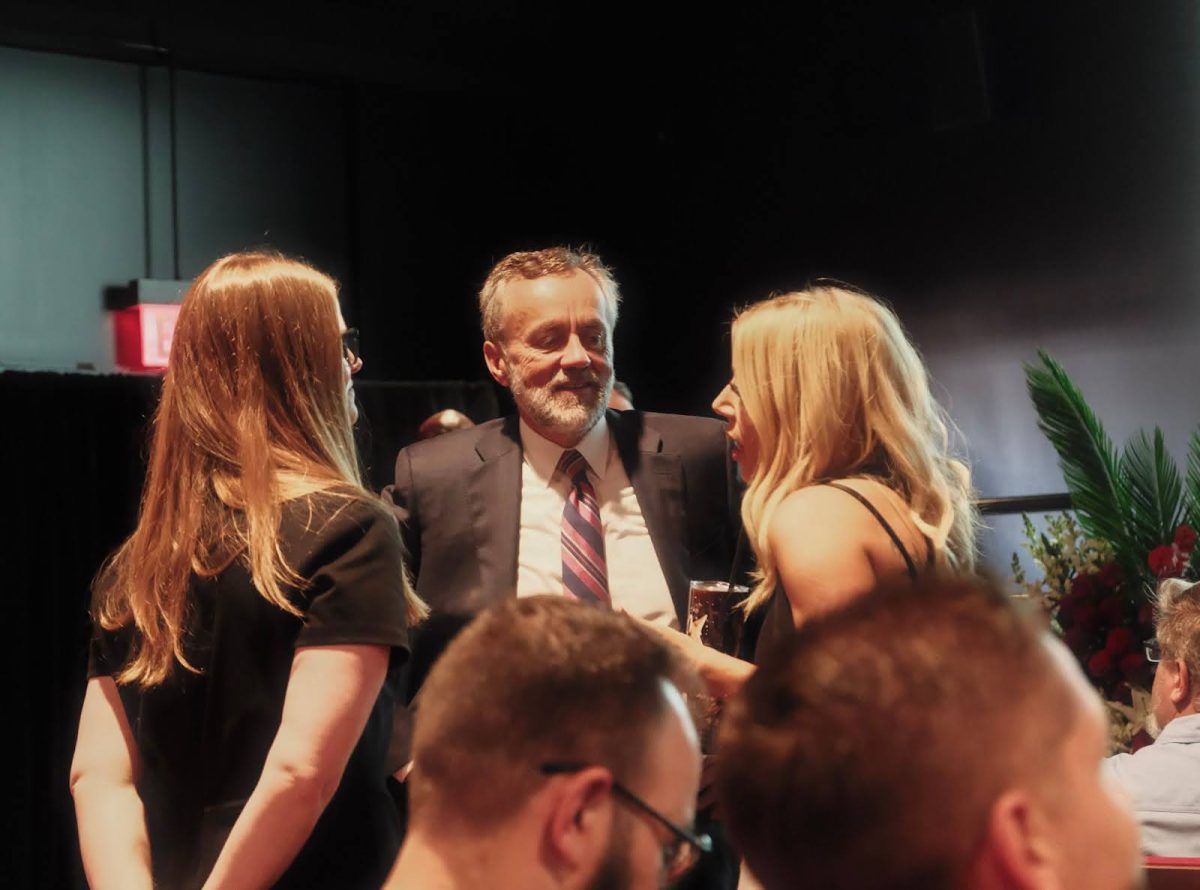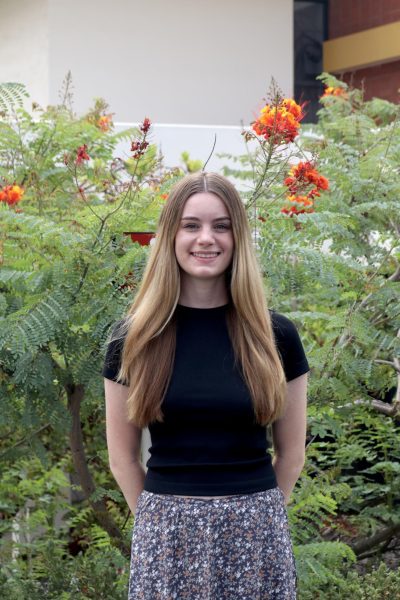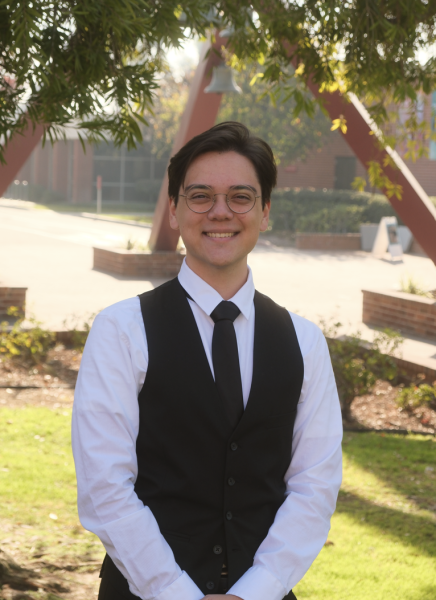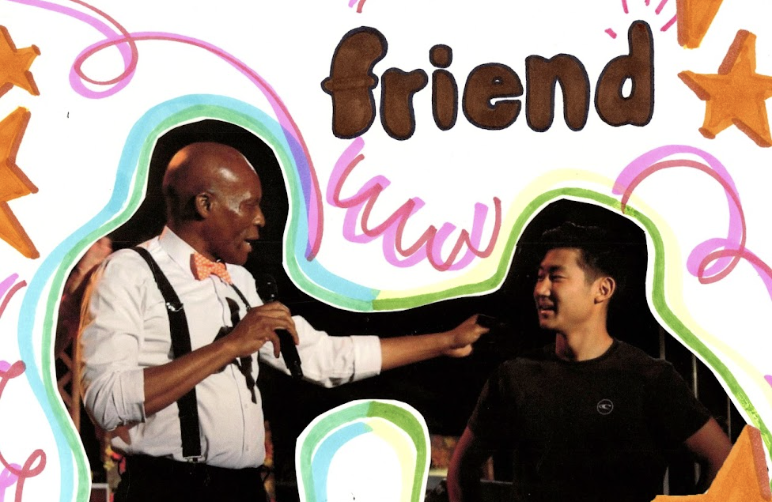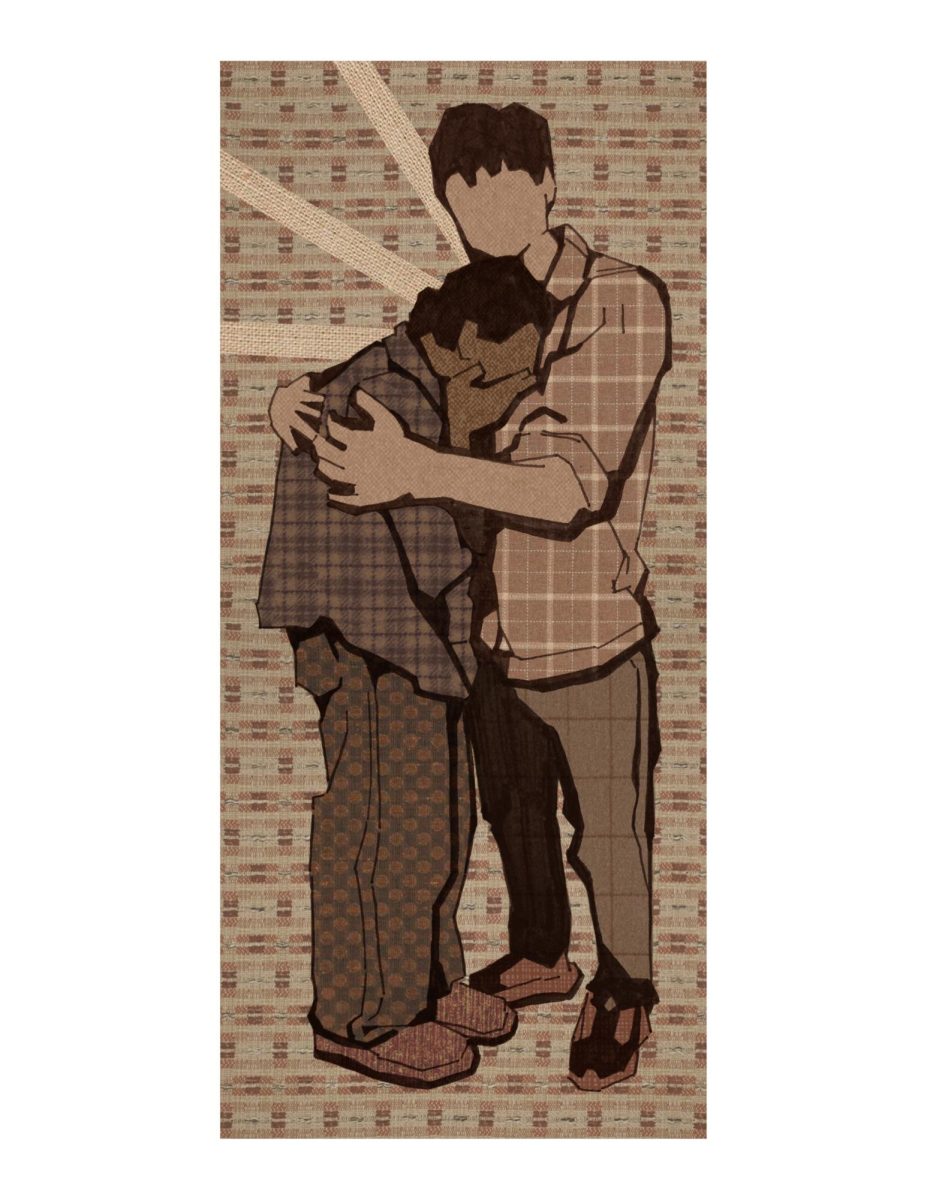I had the privilege of interviewing Biola President Barry Corey — or, as he is commonly known among the student body, DBC. Many students are familiar with Corey through his regular appearances at campus events, speaking at chapel, or photos on social media. However, some students have expressed that while they know Corey as a public figure, they are largely unaware of what his position as president entails and what his role means at a Christian institution.
To help students better understand the multifaceted nature of leadership at Biola, and get a sense of who he is, I compiled a list of questions pertaining to Corey’s vision and values for the university as a whole.
Corey has quite the repertoire of accomplishments, with 18 years as Biola’s president, a wide array of publications and a strong professional background. But the question still remains: who is Corey, both as a Christian leader and an individual?
THE INTERVIEW
As president, you must delegate to others on a daily basis. So in order to help students get a better perspective on how your position functions at Biola, how would you describe the role you play in decision-making?
“I could probably put it into like five categories of what my priorities are here, and these priorities haven’t changed in my 18th year,” said Corey.
He listed his priorities into five categories: working with the board of trustees, creating a vision for Biola, acting as Biola’s ambassador both on and off campus, fundraising, and personal and professional development.
Most of Corey’s work as president involves ensuring Biola that our institution is headed in the right direction. He does that through delegating to the board of trustees, representing Biola’s values both to students and parents, raising money to keep costs as low as possible, and setting aside time for his personal and spiritual life. This versatile role requires vigilance about Biola’s identity as a Christian institution and communicating that to a wide range of individuals.
The average university president holds their position for 5.9 years, reflecting a high turnover rate. Corey attributes the longevity of his tenure to his personal efforts to maintain his personal and spiritual life.
“I thought, well, if I’m going to stay in this role, I need to make sure that I’m nurturing good relationships. I’m refreshing myself,” Corey said. “My spiritual life is strong and vibrant for harder times. Marriage and family are priorities.”
How would you describe the culture of leadership among your leading faculty at Biola?
Corey works closely with Biola’s seven vice presidents, eight deans and provost.
“We spend a lot of time listening to each other, giving each other counsel on some tough decisions … making sure we’re all on the same page in terms of the direction that Biola is going,” Corey said. “We communicate well so there are no surprises. I want [the leaders] to meet among themselves and solve problems … We retreat together, we pray together.”
Corey’s main priority is facilitating strong communication among faculty members and encouraging them to listen to each other collectively. Several of Biola’s leading faculty, such as the vice presidents and deans, have left to pursue higher positions elsewhere, two becoming presidents at other universities — a reflection of the healthy, positive leadership culture that sets faculty up to flourish in their professional lives.
In the past few years, we’ve seen several presidents fail their universities or resign, such as Jerry Falwell Jr. at Liberty University. How do you and other leaders at Biola aim to be different and ensure honesty and transparency to their student body?
“I think there are different reasons why different leaders crash and burn, or fail or leave early, or are involved in some kind of scandal, whatever it might be,” said Corey. “We take our job seriously. We don’t take ourselves too seriously.”
Corey explained to me, “I try to imagine that this job is not my identity. If it’s my identity, well, I’m the President — and I can kind of do what I want to do, and there’s a certain sense of entitlement and power and privilege that comes with it. I try to consistently remind myself that this is an office I hold, not a person that I am.”
He views his office as a stewardship rather than ownership: “I’m a steward of this office. I try to keep in mind, just to give me perspective, that God is giving me a calling to serve this university in this role.”
When it comes to honesty and transparency, Corey facilitates honest and hopeful, yet realistic, conversations with other leading faculty. Additionally, he has office hours so students can come see him to address questions or concerns. Whatever the purpose of these conversations may be, Corey emphasizes that he learns from interactions with faculty, students and parents.
No university is perfect. How do you and other leading faculty at Biola tackle issues or mistakes that either directly or indirectly impact students?
“There have been decisions that I’ve made that, in retrospect, I wish I made differently. You make decisions with the information that you have to the best of your ability,” Corey said. “I inherited an imperfect institution from my predecessor, and I will pass on an imperfect institution to my successor.”
Corey acknowledges that his role involves continuous learning, in which he and other faculty are always learning how to better make decisions, communicate effectively and handle crises.
“When I signed up for this job in 2007, I didn’t know that, in 2008, there was going to be a financial crisis. I didn’t know that there was going to be such political polarization in teens. I didn’t know that we were going to have a global pandemic … and maybe if I had, I wouldn’t have taken the job. But you accept this position trusting that those you’re working with and this community is strong enough, by God’s grace, to be able to take the hits and the dents and the bumps in the road … and come through it stronger on the other side.”
Despite the many unprecedented global and cultural challenges, Corey believes that the students are truly the foundation and reason why he is here.
“You [the student body] — you’re why we’re here,” said Corey. “You are what I would really call our sacred trust … the rising generation, as the future of the Church, as thought leaders and cultural influencers.”
What is your vision for Biola in the future? And would you say that Biola is currently on track to meet that vision?
“Obviously it’s been a tough few years … I feel like Biola is at a point right now where we never lost sight of who we were and I think that’s the most important thing,” said Corey.
Corey outlined his three main priorities for Biola over the next few years: enhancing the on-campus community, ensuring student’s well-being and preparedness for the workforce after graduation, and maintaining Biola’s identity as a Christian institution.
“I want this campus to be really alive — a great place to work, a great place for students to come. The undergraduate experience should be incarnational,” said Corey. “I want us to be the leaders and the storytellers, so that when people think [of Biola] and by all, they think ‘there is a quality Christian university that cares deeply about Scripture, that wants our students to have gracious character, and they’re really excellent in what they do.’”
Is there a Bible verse that lays the foundation for the work you do here at Biola?
“Over different periods of times lately, I’ve been thinking of the latter part of the 27th Psalm where David says, ‘I would have despaired had I not believed I would see the goodness of the Lord in the land of the living’ … Because sometimes it’s a despairing role here. And it’s not like you’re seeing things that are giving you hope, you just believe that those days are going to come,” said Corey. “We’re moving forward and we’re not despairing, because we do believe that we’re going to see the goodness of the Lord. And this is the land of the living for us. This vibrant, alive community.”
MY PERSPECTIVE OF BARRY COREY AS A LEADER
When I first walked into the President’s Office, I expected to simply ask my interview questions and leave so Corey could continue with his busy schedule. However, he took the time to get to know me on a personal and academic level, expressing a profound interest in who I am and my contributions to Biola. Corey demonstrates that he truly values each student and recognizes that everyone brings a unique background and perspective to the community.
1 Corinthians 12:12 states, “For just as the body is one and has many members, and all the members of the body, though many, are one body, so it is with Christ.” As Christians it is important to ask ourselves, is any leader worthy of acclaim, especially within the context of a Christian institution?
Every institution experiences highs, lows, and unprecedented events. Biola has been able to overcome adversity because of its stable foundation, its values, and its identity. They inform our place in the world — an institution providing a Biblically-centered education.
Through times of adversity, Corey has preserved Biola’s Christian identity and made avid efforts to support and communicate with the student body and faculty. He fully recognizes the experiential learning process that makes up his position, alongside mistakes and shortcomings that have occurred within the institution. There is no such thing as a perfect leader, only a strong and reliable one who deeply cares for his community.
Corey is more than just a “campus celebrity.’’
When reflecting on his years of presidency, Corey told me: “I try to remind myself, that like you, like everybody else, ever sinners saved by grace — God works through us as flawed as we are.”

